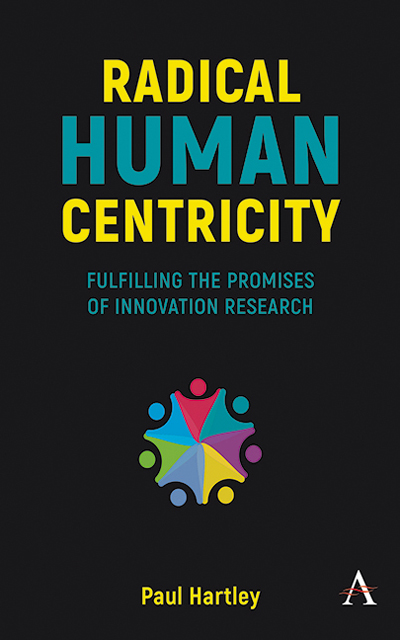3 - Rethinking Commercial Research
Published online by Cambridge University Press: 22 November 2022
Summary
The Key Conceptual Shifts toward Radically Human-Centric Research
In the last chapter, I discussed the need to reclaim ethnography as a practice and a way of being in the world. This is the first, and most fundamental in the advancement of a radical human-centric approach. However, a rehabilitated ethnography is only the first step in repairing commercial research. The radical human-centric approach to research must also solve the many problems lurking in the corners of conventional innovation research. It needs to provide an alternative to the antiquated ideas and practices in market research and corrects the gimmicks and weak research approaches that are inherent in design thinking and human-centric design. Since none of these frameworks and methods are up to the task of providing a solid foundation for innovative thinking and action, it will require making additional shifts in thought and practice. It is necessary to reconceptualize the underpinnings of commercial innovation research. We must shift ourselves away from the bad habits and poor theorizing that plague conventional commercial research and move towards a theoretical and practical foundation built on an approach to research capable of delivering what human-centric perspectives have been promising: an understanding of customer/user/patients and their contexts capable of grounding successful innovation and design. This means we need to nudge innovation research practice towards a more solid foundation. We need to make a series of conceptual shifts in the world of business thinking and commercial research so we can fully make use of real research.
The Radical human-centric approach to real research brings interventions to 10 dimensions of the conceptual models governing innovation. The first shift, multi-disciplinarity, encapsulates the key alternations in thought and practice necessary to embrace a balanced research approach and to build the perspectival foundations for a radically human-centric approach to business research. The other nine—time, change drivers, the subjects of study, complexity versus simplicity, positive skepticism, the idea of needs, growth and homeostasis, impact and barriers, and research at scale—allow us to focus on the conceptual shifts needed to release commercial research from the shackles of many of the outdated, insensitive, unethical, and downright silly practices constraining it today.
- Type
- Chapter
- Information
- Radical Human CentricityFulfilling the Promises of Innovation Research, pp. 53 - 78Publisher: Anthem PressPrint publication year: 2022



